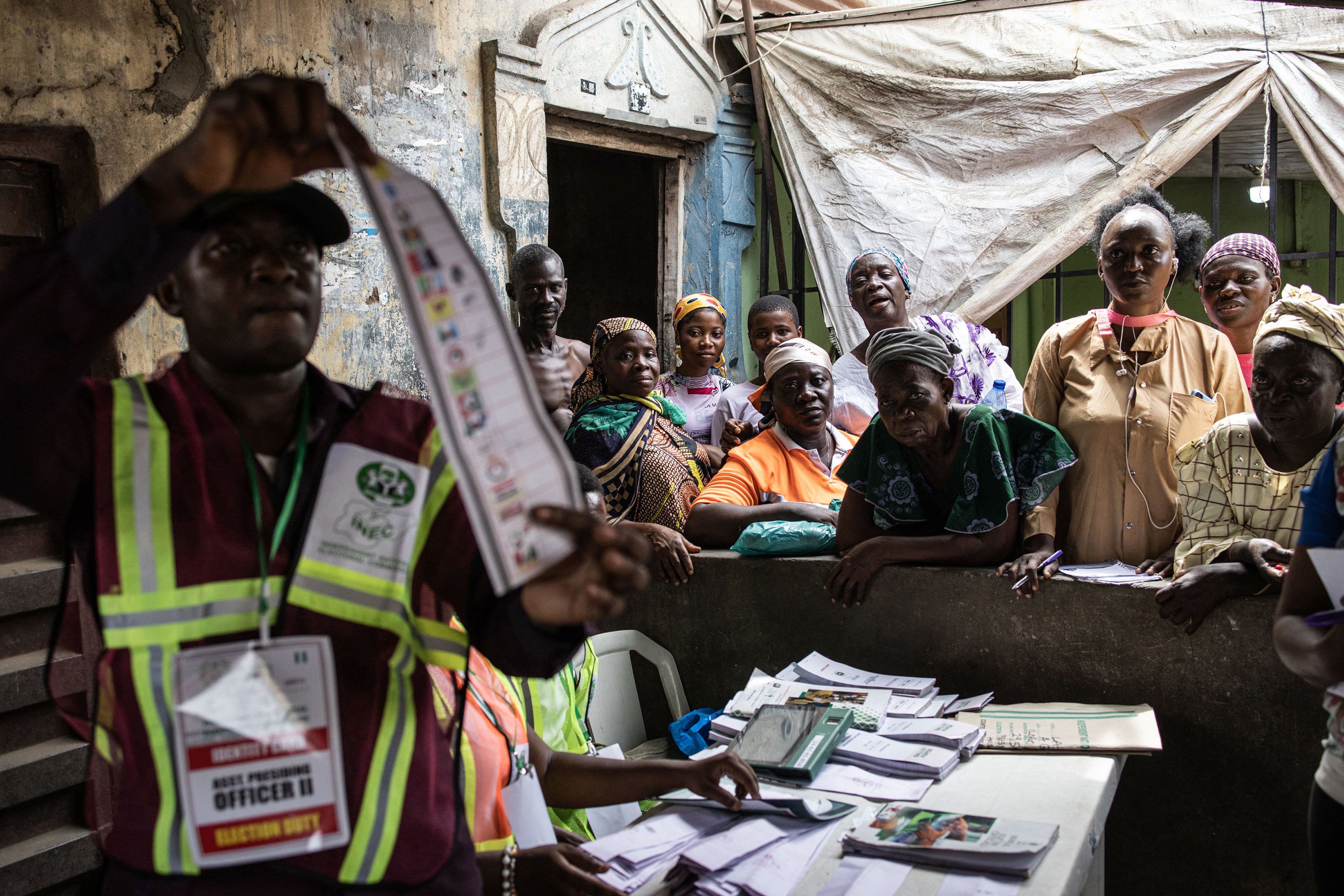


Nigeria is one of the biggest and most crowded nations in Africa, with a populace of north of 200 million individuals. It is likewise perhaps the most ethnically assorted country on the planet, with more than 250 ethnic gatherings. Despite its variety, Nigeria has attempted to lay out a steady majority rules government since its freedom in 1960. One of the significant deterrents to Nigeria’s majority rule progress has been constituent misbehavior. In this blog entry, we will look at the impacts of discretionary negligence on Nigeria as a vote-based country.
What is Discretionary Misbehavior?
Electing negligence alludes to any activities or practices that subvert the respectability of a political decision. It incorporates activities, for example, vote purchasing, polling station stuffing, and citizen terrorizing, fixing, and different types of electing misrepresentation. Discretionary negligence can happen at any phase of the electing system, from citizen enlistment to cast ballot counting. Constituent misbehavior is a danger to the validity and authenticity of vote-based decisions.
The Impacts of Constituent Negligence on Nigeria
Constituent negligence fundamentally affects Nigeria’s majority rule progress. The impacts of electing misbehavior are complex and incorporate the accompanying:
Sabotaging a majority-rule government
Discretionary negligence sabotages the actual underpinning of a vote-based system. Vote-based decisions should be free, fair, and straightforward, permitting residents to pick their chiefs without dread or terrorizing. At the point when decisions are damaged by appointive negligence, residents lose confidence in the electing system and the authenticity of the chosen authorities. This can prompt political shakiness and brutality, as found in Nigeria’s set of experiences.
Absence of Responsibility
Discretionary misbehavior likewise makes an absence of responsibility among chosen authorities. At the point when authorities are chosen through deceitful means, they are less inclined to be considered responsible for their activities. This can prompt defilement and maltreatment of force. In Nigeria, for instance, there have been a few cases of chosen authorities utilizing their situations to improve themselves and their friends.
Decreased Cooperation
Additionally, discretionary neglect may result in less voter support. Residents are less likely to vote in elections when they don’t fully believe that their ballots will count. Low voter turnout and less political commitment may result from this. Because of concerns about constituent misconduct, voter attendance in recent elections in Nigeria has been rather low.
The Smothering of Advancement and Improvement
Electing misbehavior can likewise smother development and improvement in a country. At the point when chosen authorities are not considered responsible for their activities, they are more averse to putting resources into inventive arrangements or projects that can help the country. This can prompt a stagnation of improvement and financial development. Nigeria, notwithstanding its plentiful regular assets, has battled with financial development and advancement lately.

Conclusion
The advancement of majority rule in Nigeria is threatened by discretionary carelessness. It undermines the fundamental foundation of a majority-rule government, creates a lack of accountability among elected officials, reduces support for the discretionary cycle, and stifles progress and improvement. Nigeria should find a solution to the election malpractice problem if it wants to establish a stable and prosperous majority rules regime. A combination of legal adjustments, institutional adjustments, and resident education ought to make this achievable. Nigerians can ensure that their opinions are heard and that choices are made in a free, fair, and transparent manner by working together.
Article by Ann Okpomeh
Grade 4 Homeroom Teacher

We are the only international school in Nigeria that offers 100% Ontario Ministry of Education approved Canadian (Ontario) curriculum from Grade 1 through 12.

 Copyright 2025 Canadian Bridge Academy | All rights reserved.
Copyright 2025 Canadian Bridge Academy | All rights reserved.